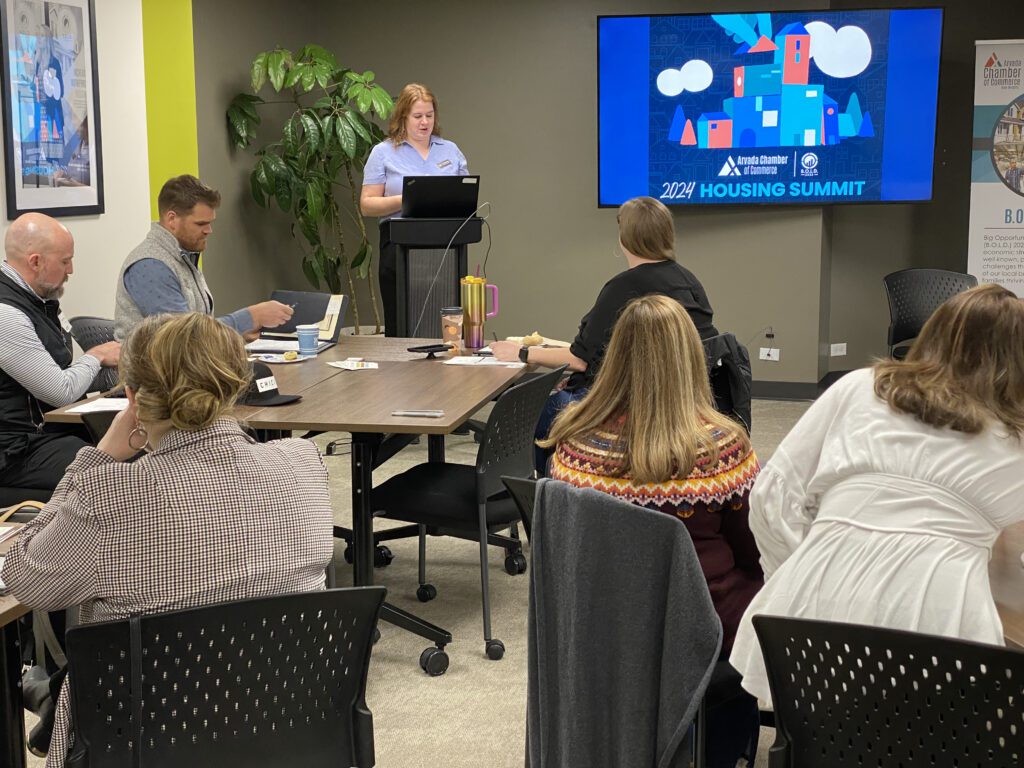
By Tess McShane, Director of Housing & Childcare
The Arvada Chamber hosted its first B.O.L.D. 2026 Housing Summit on November 21, 2024, which convened business leaders, community leaders, and housing partners to connect, learn, and explore strategies together. As found in the Chamber’s Where does the Workforce Live report, over 80% of Arvada’s workforce lives outside of Arvada and 40% of Arvada workers commute more than 30 minutes one way to their place of employment. More and more businesses are noticing that the cost of housing and long commute times are impacting their ability to recruit and retain top talent. However, housing is a very complex, and complicated problem, and solutions for business can be unclear.
The Housing Summit’s theme was “Housing is Everyone’s Business” and sought to explore the different lanes and opportunities for businesses to engage in workforce housing solutions. Through various presenters and rich conversations, attendees explored different opportunities to engage in solutions to increase access to income-aligned housing for their workforce.
Awareness
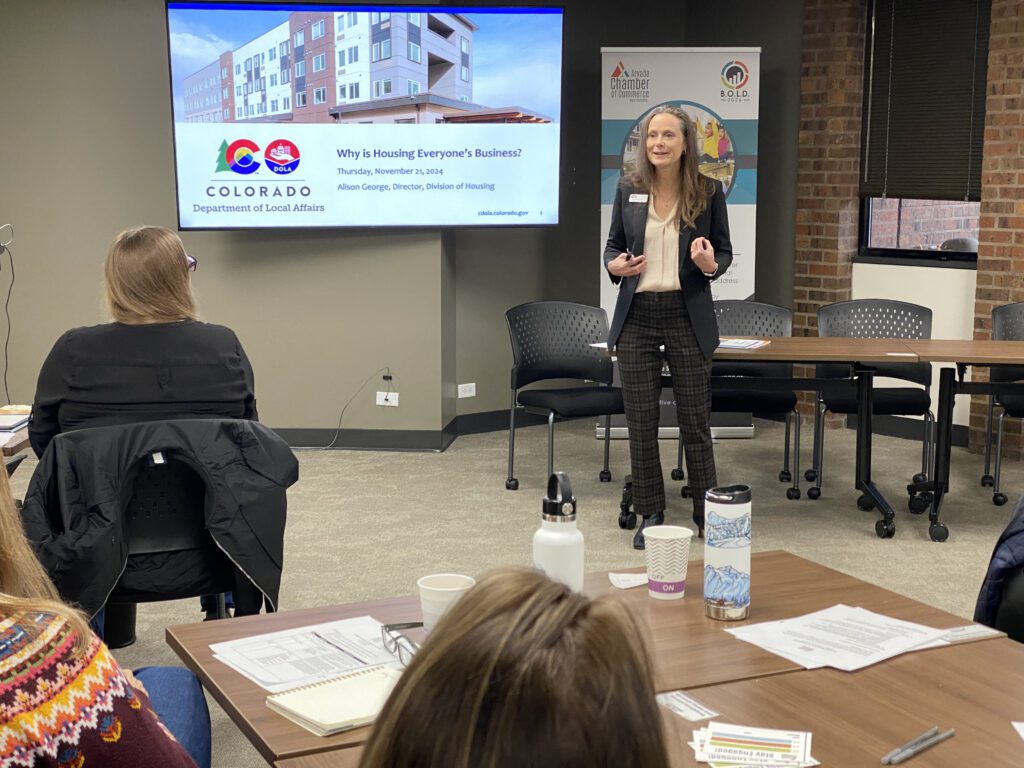
Alison George, Director of the Division of Housing (DOH) in the Department of Local Affairs (DOLA), kicked the morning off with a presentation to set the tone of why housing is everyone’s business. Through her presentation, she discussed the role of the DOH, programs available, and resources for employers. She included key calls to action, including:
- Make housing a priority for your business. Build awareness on how the lack of affordable and attainable housing impacts your business, talent recruitment and retention, and work to prioritize this issue for your business.
- Explore partnerships. Exploration of public-private partnerships, and the role business and other entities can play in increasing access to income-aligned housing for the workforce. Alison shared two examples, including in Granby, CO where through a public-private partnership, $3.6 million was awarded to develop 40 income-aligned workforce housing units.
- Engage with the DOH’s resources and programs. The DOH has several resources available for employers, including funding for employer-assisted housing programs, technical assistance to develop and implement workforce housing solutions, and guidance from Housing Development Specialists. Learning more about the DOH and how they can be a resource to your business and workforce can be key in mitigating this challenge. These resources and more are available on their website.
Advocacy and Policy
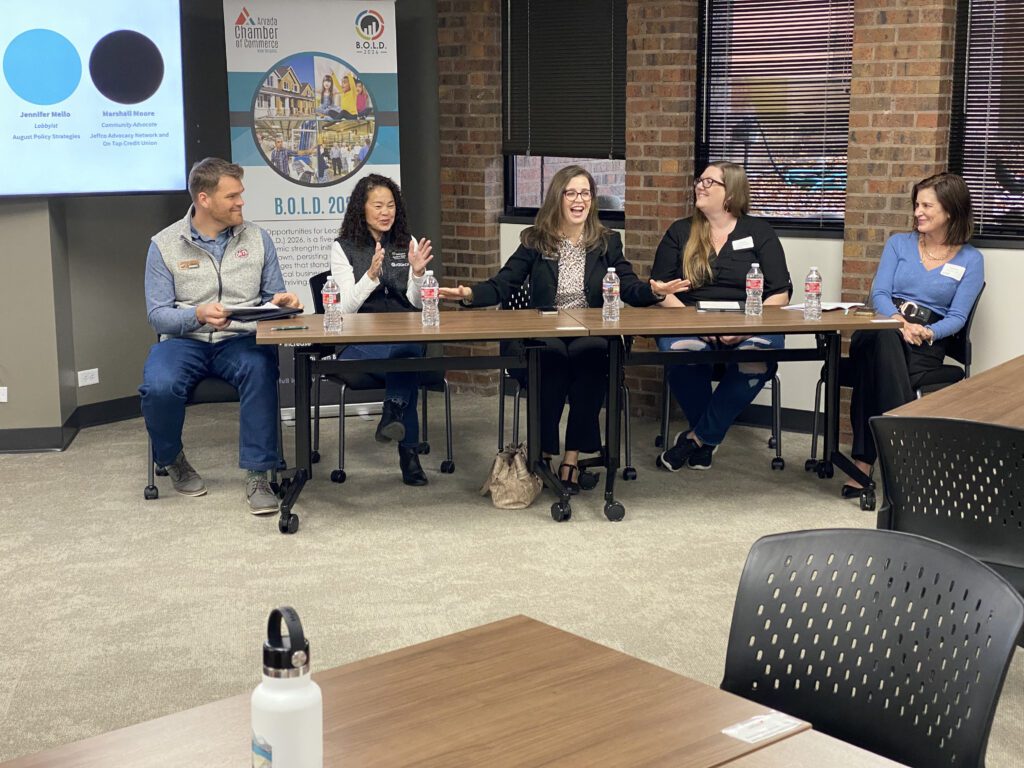
The Summit included a panel discussion on housing advocacy and policy. Panelists included: Arvada City Councilmember-At-Large, Sharon Davis; Colorado State Senator and Jefferson County Commissioner-Elect, Rachel Zenzinger; CEO & Co-Owner of Equalized Productions, Liz Kistler; Founder and Lobbyist of August Policy Strategies, Jennifer Mello; and Jeffco Advocacy Network member, Marshall Moore. The panelists discussed housing advocacy, including testimony, what works and does not, and the role of business in housing advocacy. The panelists identified three areas of impact for businesses to consider in their housing advocacy:
1. Advocacy and Storytelling Drive Impact
- Effective advocacy hinges on personal stories and humanizing data rather than relying on jargon or statistics alone. Tailoring messages to show how housing issues directly affect businesses, employees, and communities is crucial.
- Testimony in legislative processes is impactful but should be part of a broader advocacy strategy that includes building long-term relationships with policymakers and community engagement.
2. Systemic Challenges Demand Holistic Solutions
- Housing challenges are closely tied to rising economic pressures like student debt and childcare costs, which have outpaced wage growth. Addressing these interconnected issues through policies and programs that promote income-aligned housing can help alleviate these burdens and support a more stable workforce.
3. Empathy and Community Engagement Matter
- Local governments and businesses should take a proactive role in advocating for sustainable housing solutions, leveraging stories and data to illustrate their significance to the community’s well-being.
Interested in learning more about how business leaders can advocate for housing projects, initiatives, or legislation? The Arvada Chamber’s Housing Advocates Program can support business leaders in advocating for income-aligned housing at the local, regional, and state levels. Learn more here.
Programs + Partnerships
Megan Goss, Colorado Housing and Finance Authority (CHFA), shared resources employers can leverage in partnership with CHFA to support their workforce in attaining income-aligned housing. CHFA seeks to strengthen Colorado by investing in affordable housing and community development. CHFA offers various programming in homeownership, rental housing, business lending, and community partnerships. CHFA can partner with businesses through:
- Lunch-and-learns to education employees about CHFA resources and homeownership support
- Providing remote and/or onsite Homebuyer 101 classes
- Table at employer benefit and resource fairs
- Share information for the workforce through newsletters and communications
Learn more about CHFA and the resources for employers and employees on their website.
Investment
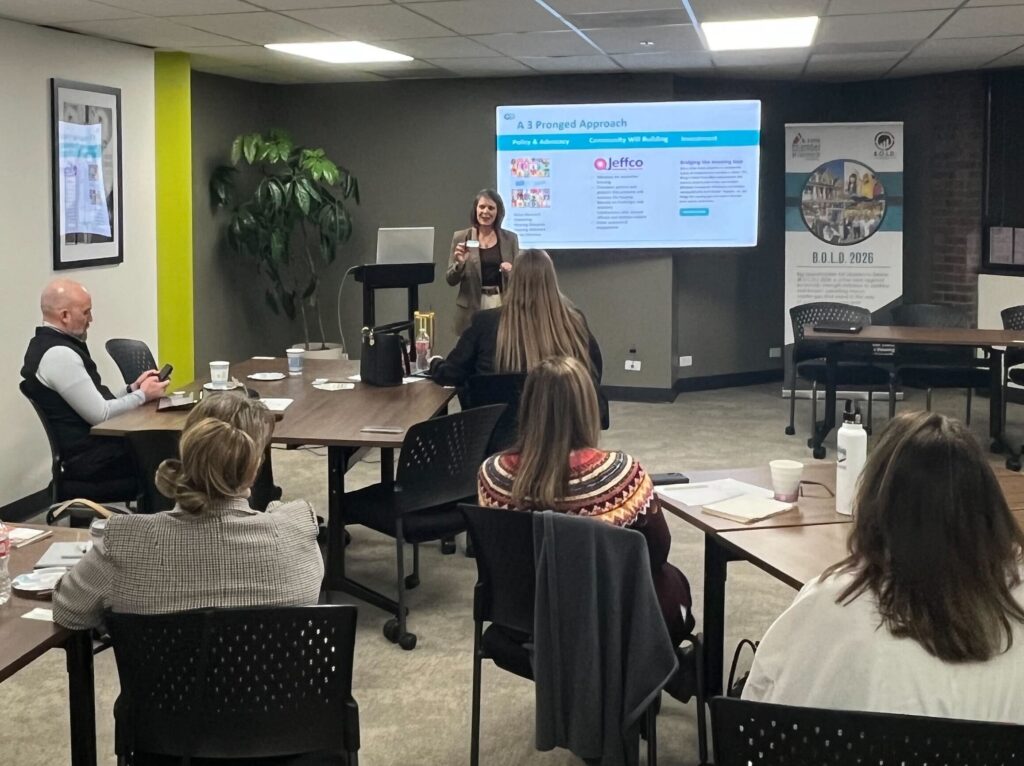
Kelly Dunkin, Colorado Gives Foundation, shared on how businesses can invest in local solutions. The Colorado Gives Foundation is actively supporting workforce housing efforts in Jefferson County through several initiatives, including the Bring it Home Fund. The Bring it Home Fund aims at building or preserving income-aligned workforce housing in Jefferson County. This fund specifically support projects designed to address the housing needs of the workforce who can not afford to live near their place of work. Businesses can donate to the Bring it Home Fund to support local projects, or open a Donor Advisor Fund to support these efforts.
Through insightful presentations, engaging panel discussions ,and actionable resources, the event highlighted that businesses have a critical role to play in driving income-aligned housing solutions for the region’s workforce. By raising awareness, forming partnerships, advocating for policy changes, or investing in local initiatives, business leaders can make a tangible impact.
Learn more about the B.O.L.D. 2026 Housing Initiative and opportunities for involvement here.
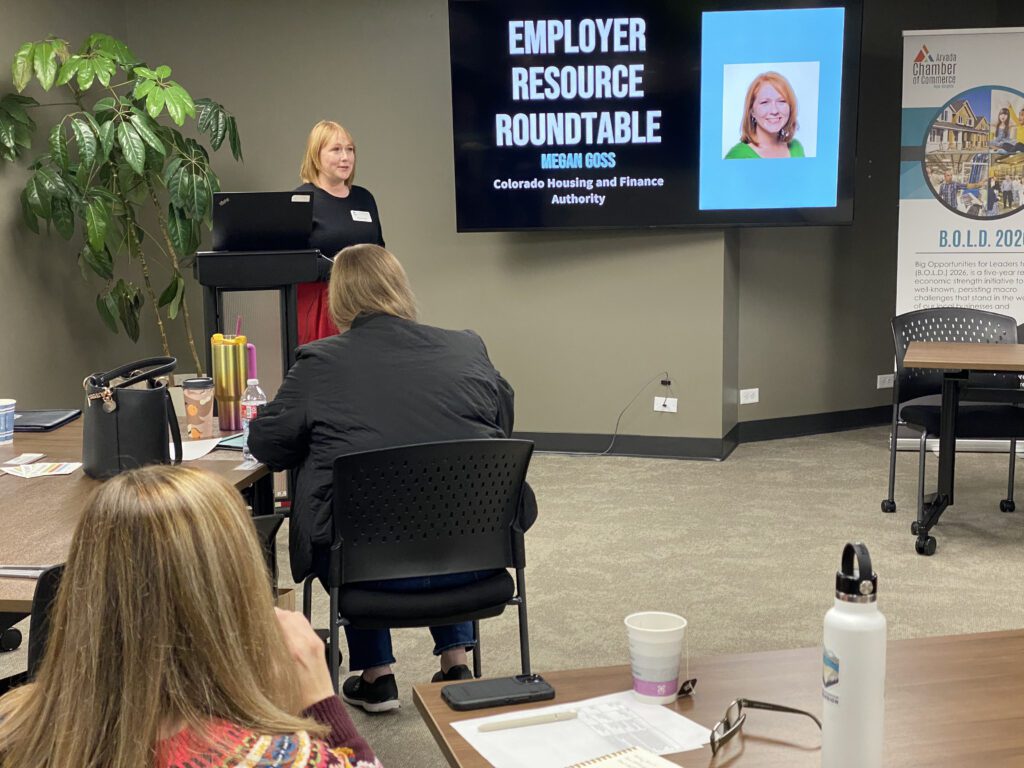
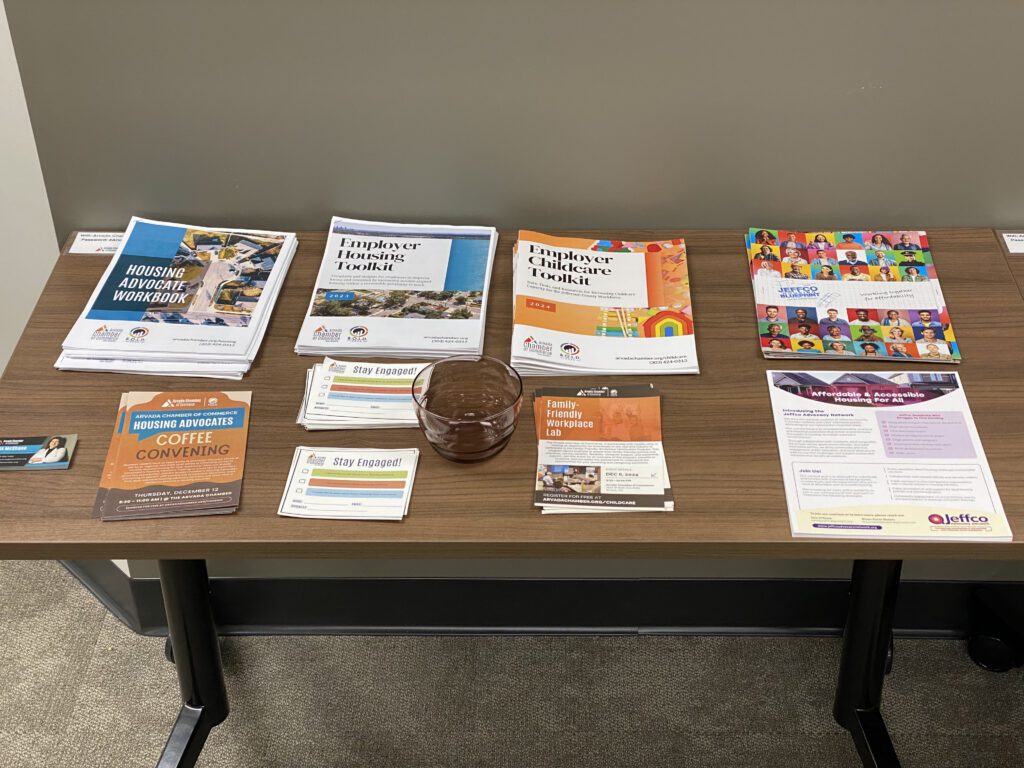
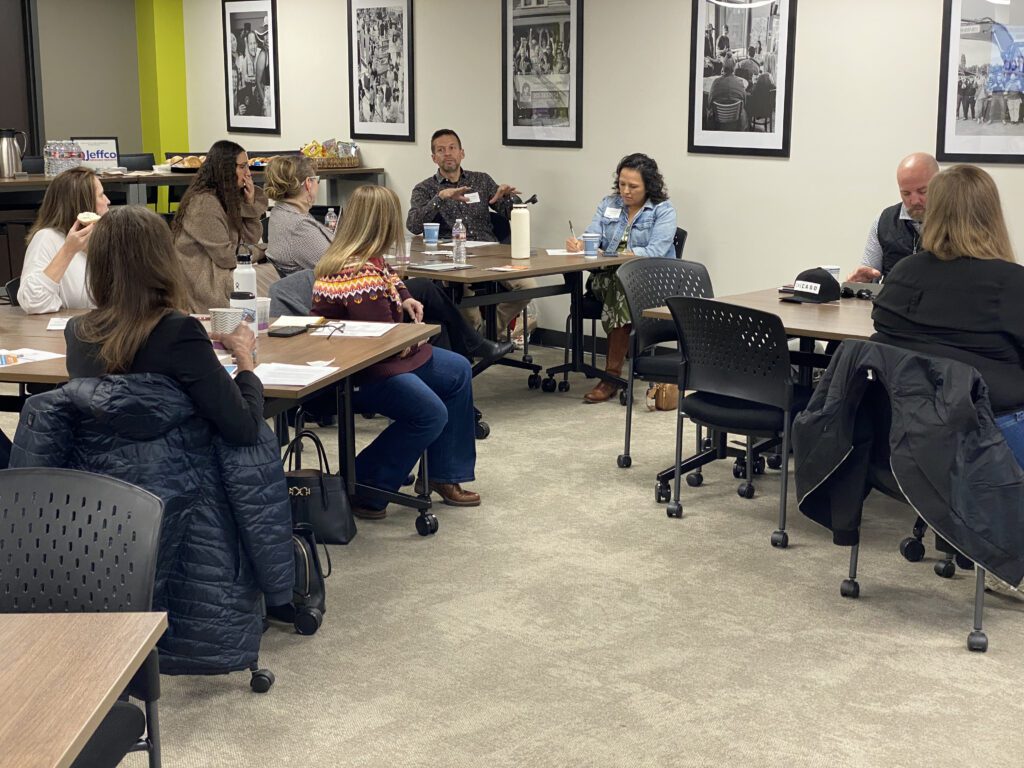
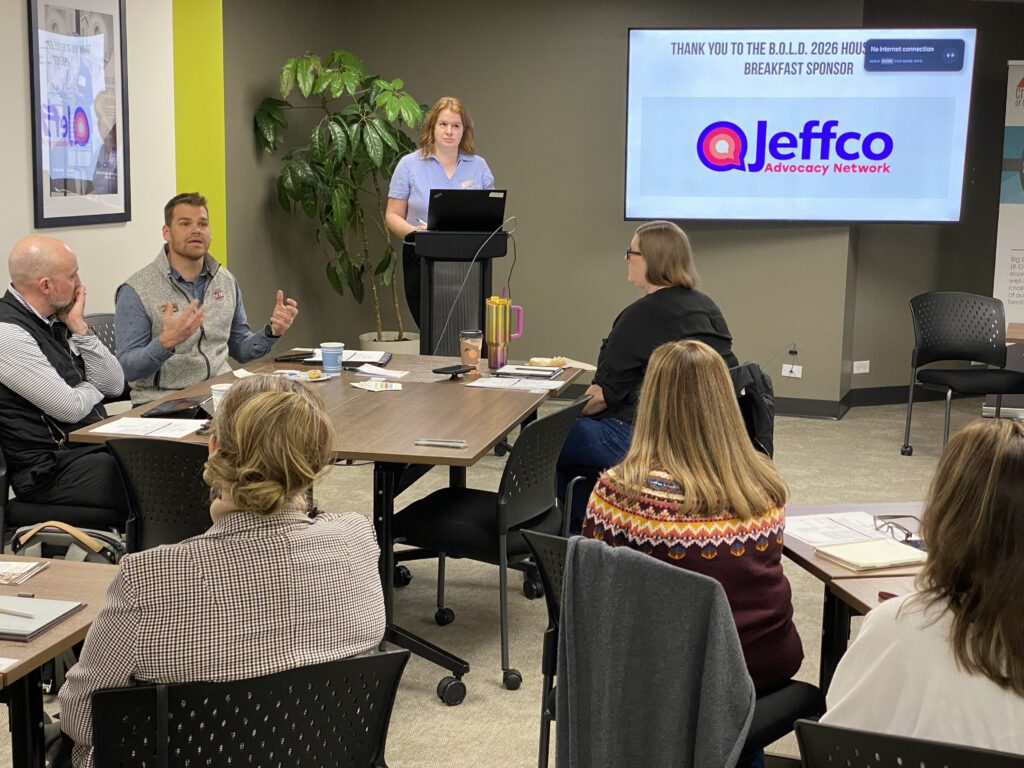
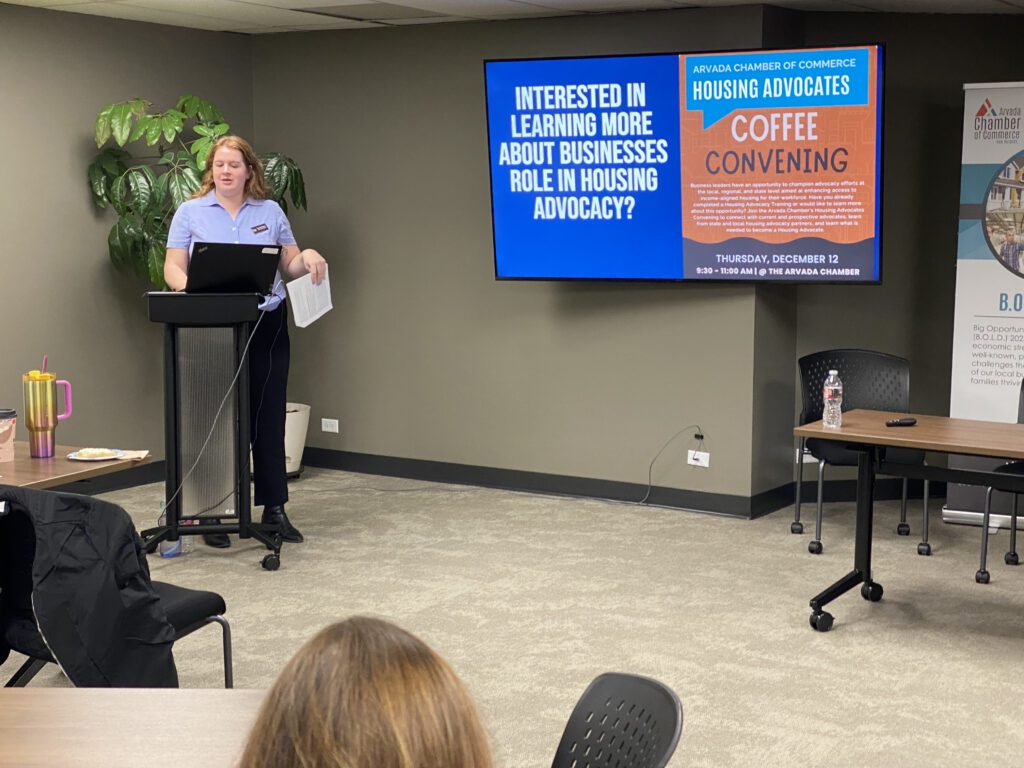


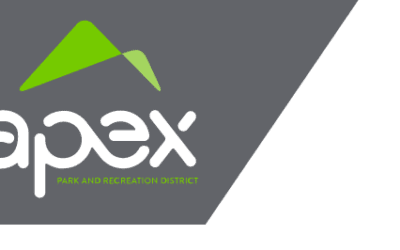
0 Comments